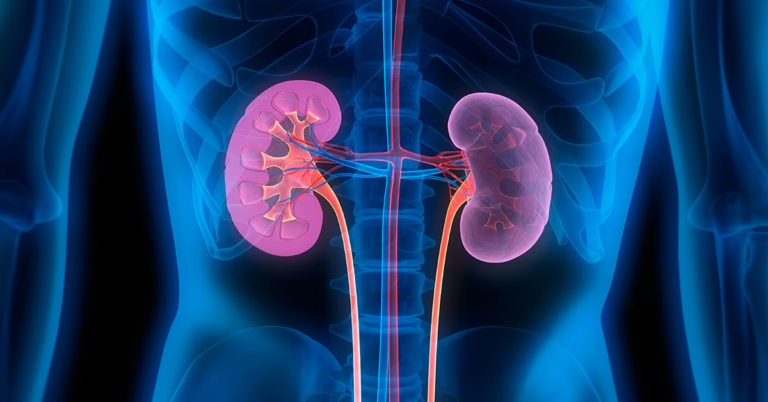Aliyu Abdu, a professor of Medicine at Bayero University, Kano (BUK) and a consultant nephrologist at Aminu Kano Teaching Hospital, has revealed alarming statistics regarding the illicit kidney trade. Globally, approximately 10,000 kidneys are trafficked annually on the black market, with Nigeria accounting for about 651 kidneys illegally transplanted between 2015 and 2020, generating over $41 billion in illicit revenue.
Speaking at a seminar on National Organ and Tissue Transplantation Standards organized by the Clarion Call Care Foundation, Abdu highlighted that many donors are either coerced or compelled by dire economic circumstances to part with their organs.
“The majority of those exploited are economically disadvantaged individuals who are vulnerable to financial inducements and often unaware of the severe health risks they face,” he explained.
He further emphasized that the organ trafficking crisis in Nigeria is fueled by a combination of poverty, social inequality, unethical medical conduct, and weak regulatory frameworks. Unscrupulous medical practitioners often act as enablers within this illicit network.
Abdu also pointed out that most donors receive neither adequate post-operative medical care nor any form of financial restitution, leaving them to endure physical complications and psychological distress due to substandard treatment and neglect.
“The absence of alternative organ sources, such as donations from deceased individuals, alongside the lack of regulated organ banks, perpetuates this illegal trade,” he added with concern.
According to the professor, the kidney trafficking operation is orchestrated by a sophisticated criminal network involving illegal brokers and agents. This network spans a wide range of participants, from ‘organ hunters’ to medical professionals including doctors, nurses, anesthetists, ambulance personnel, travel coordinators, and insurance agents.
Kidneys remain the most frequently trafficked organs worldwide, with an estimated one kidney sold every hour, totaling around 10,000 annually.
Abdu referenced the World Health Organization’s (WHO) definition of organ trafficking as the recruitment, transportation, transfer, harboring, or receipt of living or deceased persons or their organs through coercion, deception, or force for the purpose of organ removal or transplantation.
In Nigeria, the legal framework governing organ donation and transplantation is primarily outlined in the National Health Act of 2014. This legislation strictly forbids the commercial sale of human organs and mandates informed consent from donors prior to tissue removal.
The Act permits reimbursement for reasonable expenses incurred by donors but imposes penalties, including fines and imprisonment, for any financial transactions involving organ sales. It also enforces age restrictions, prohibiting kidney removal from individuals under 18 or over 65 years old.

















